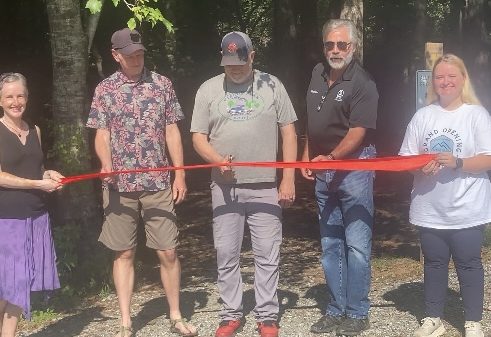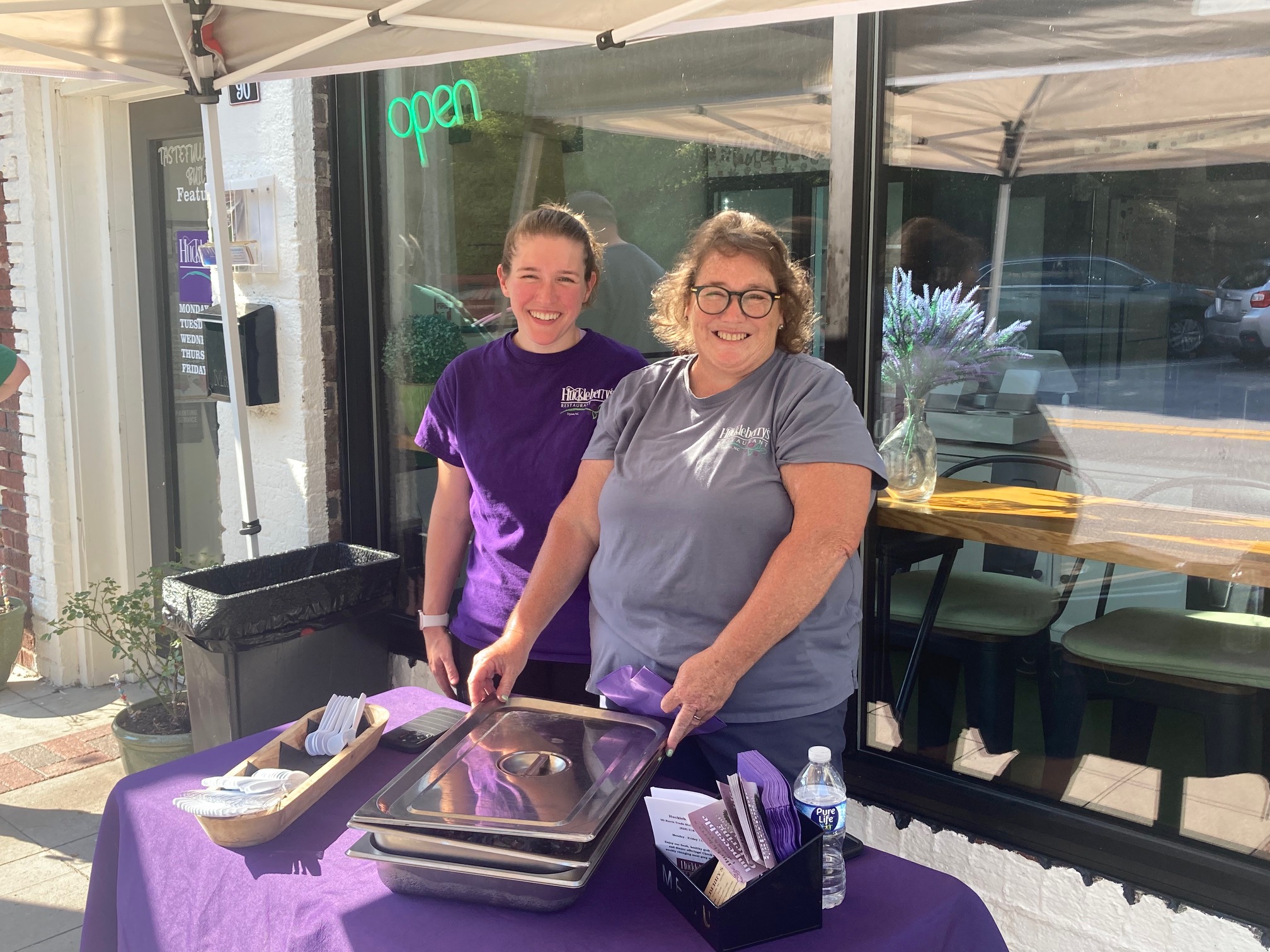Mother knows best
Published 10:00 pm Thursday, April 24, 2014
As I was growing up, I didn’t care much for vegetables; actually it’s fair to say I hated them. My mother would plan nutritious meals in spite of my disdain for that seemingly unpalatable plant life that always seemed to find its way onto my dinner plate.
She’d serve horrible things like Brussels sprouts (I thought they were vile little spheres), broccoli, cabbage, carrots, asparagus, cauliflower, turnips, squash, and even beets; how cruel. I can still hear her say “now honey, this is supper, and if you don’t eat it, there won’t be cereal afterwards; eat at least four bites of each vegetable on your plate”.
I’d then pinch my nose take a bite of whatever vegetable she planned to torture me with, along with a bite of meat to mask the taste, and do my best to get it down. I had a smart mother, though. She stood her ground, because she knew what was best for us, and today I love vegetables. In fact when I counsel parents on children’s eating habits, I recommend they do just as my mother did. Today’s focus though, is for individuals who just never acquired a taste for vegetables.
For some folks, the “phytonutrients” (the very chemicals that provide healthful benefits) found in vegetable seem bitter, while for others, it’s not the taste of vegetables, but the lack there of that seems to be the problem. Here are a few tips to help make vegetables delicious.
1. Eat More Baby Vegetables: Some vegetables like turnips, zucchini, yellow squash, carrots, Brussels sprouts, and peppers, become stronger in flavor as they mature. Young vegetables are not only less bitter, but have a more tender texture. Farmer’s markets and large grocers are great places to find them, or you can grow your own.
2. Make soup: after simmering in soup, most vegetables lose any bitter flavor. Try chicken, beef, or vegetable stocks, and then add your favorite seasonings.
3. Use lemon: adding lemon not only makes vegetables taste great, it helps alkalize your body for better health. Try this chef’s trick; take a lemon, wash, dry, then place in the freezer. Once frozen, grate over not only vegetables, but pastas, entrees, fruits, drinks, ice creams, salads, or just about any foods. You’ll be amazed just how wonderful your food will taste. The entire lemon is used (even its seeds) with nothing wasted. One caution though; make sure to clean your teeth, as lemon juice can eat away tooth’s enamel.
4. Try dips: fat free sour cream, “lite” mayo, olive oil based dips, or lemon-butter can turn vegetables into snack foods.
5. Grille or roast: drizzle veggies with olive oil, then place on the grill or roast in the oven. Not only will heat make vegetables more tender, but the healthful fats from olive oil make them taste more satisfying.
6. Use spices: vegetables will have more flavor when combined with any spice you prefer, but here are a few great vegetable/spice pairings: green beans/tarragon; mustard; dill, lima beans/sage, squash/allspice, beets/clove, yellow, red, orange peppers/thyme, tomatoes/basil; oregano; rosemary, beets/cloves.
7. Try different varieties of the same vegetable: for years, I couldn’t figure out why my mother’s Cole slaw tasted better than anyone else’s I tried. I finally asked, and it turns out instead of regular green cabbage, she used “Napa” cabbage which has a much more mild flavor. Experiment; you might be surprised at the different vegetable varieties you find delicious.
8. Add a little cheese: now I’m not suggesting you drench your vegetable in Velveeta, but adding just a bit of cheddar, parmesan, blue, or feta cheese can give vegetables a whole new flavor and make them much more satisfying. Diet or exercise question? Email me at dwcrocker77@gmail.com. Or visit fitness4yourlife.org. David Crocker of Landrum has been a nutritionist and master personal trainer for 27 years.
He served as strength director of the Spartanburg Y.M.C.A., head strength coach for the USC-Spartanburg baseball team, S.C. state champion girl’s gymnastic team, and the Converse college equestrian team. He served as a water safety consultant to the United States Marine Corps., lead trainer to L.H. Fields modeling agency, and taught four semesters at USC-Union. David was also a regular guest of the Pam Stone radio show.





